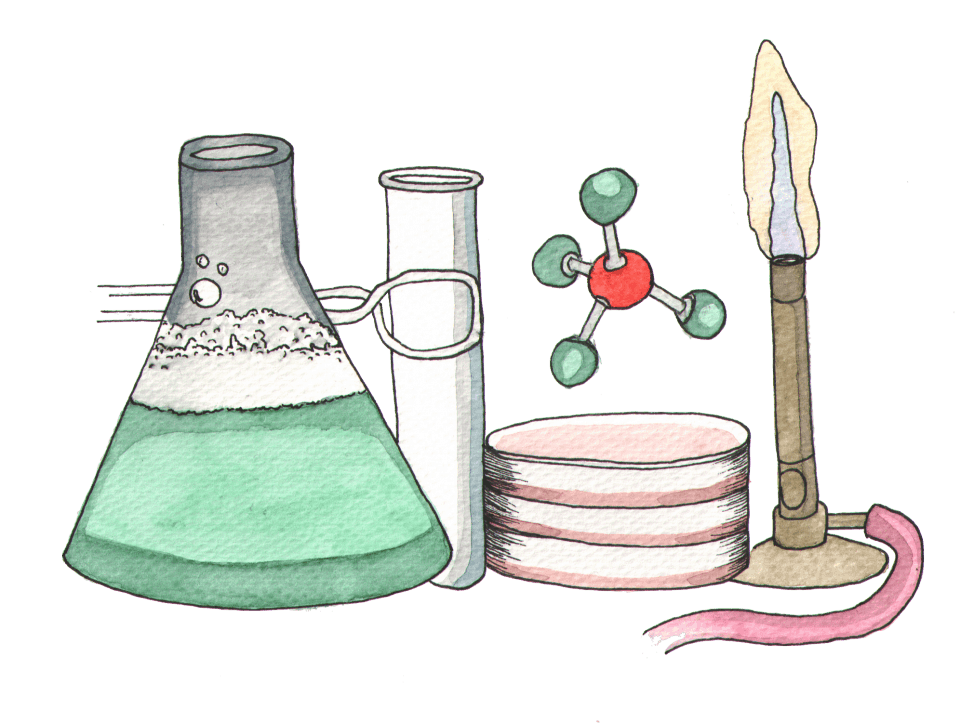Most students in the life sciences will never forget our first-year educational experiences. Much of our time was spent among 199 classmates, glued to the uncomfortable chairs of Convocation Hall, and struggling to see the tiny figure at the podium (the professor) without resorting to a telescope.
There was also time allocated to memorizing science facts, solving problem set after problem set, and bubbling our answers to multiple choice test questions on Scantron sheets. It was quite the change from high school, where we had a maximum of 29 classmates and significant interaction with our teachers. Fortunately, first-year seminar courses can help keep students from feeling swamped and alienated at a school as big as the University of Toronto.

TARANEH ZARIN/THE VARSITY
First-year seminars, with a maximum of 24 students, are the smallest courses a first-year can take. There are several first-year science seminar courses covering subjects such as biology, chemistry, physics, and psychology. Students often find these courses to be a positive learning experience, where they get the opportunity to engage in conversations and discuss a variety of intellectually stimulating topics with their classmates and professors.
Dr. Michael Reid, an assistant professor in the Department of Astronomy and Astrophysics, teaches “PMU199: Great Astronomical Issues. Like most seminars, there is no fixed curriculum for the course, because it focuses on current topics. This spring, Reid plans to focus on two important cosmic mysteries: dark matter and dark energy. He explains that first-year seminars focus not only on writing and research, but also on strong communication, which he emphasizes is a “crucial skill — more important that memorizing the tax code, the citric acid cycle, or the paintings of Monet … but one we don’t get much opportunity to teach in university.”
Students are also able to network with each other and with the professor in a relatively small-group setting. Reid explains that first-year seminars “provide a more old-school, human alternative” to “huge classes … which totally de-emphasize human interaction.”
Beyond developing a skill set and network, students are able to indulge their interests — something Reid “fear[s] we’re losing in universities… Students have become very ‘credentialist,’ worrying about grades and degrees more than about learning interesting things.”
Reid hopes that his first-year seminar is a non-threatening and non-technical environment, in which students can appreciate that “[astronomy] is a physical science…but also a discipline of wonder and imagination and constant astonishment.”
So why do professors take the time to teach these courses? Reid likes “interacting with students in small groups,” but also because they “give me the opportunity to talk about astronomy with non-science students.”
Reid explains that many of these students have a “deep engagement with astronomy” despite pursuing non-science majors such as literature or criminology. “Great Astronomical Issues’ gives non-science students a fun opportunity to learn about astronomy in an environment designed to fit their learning style. It’s in first-year seminars that students seem to learn the most.


